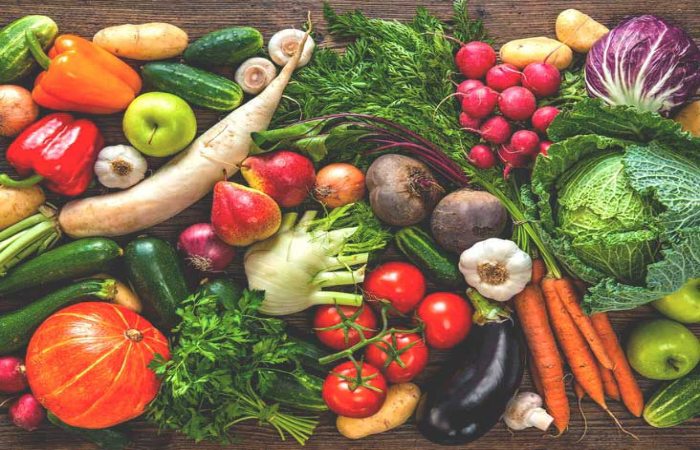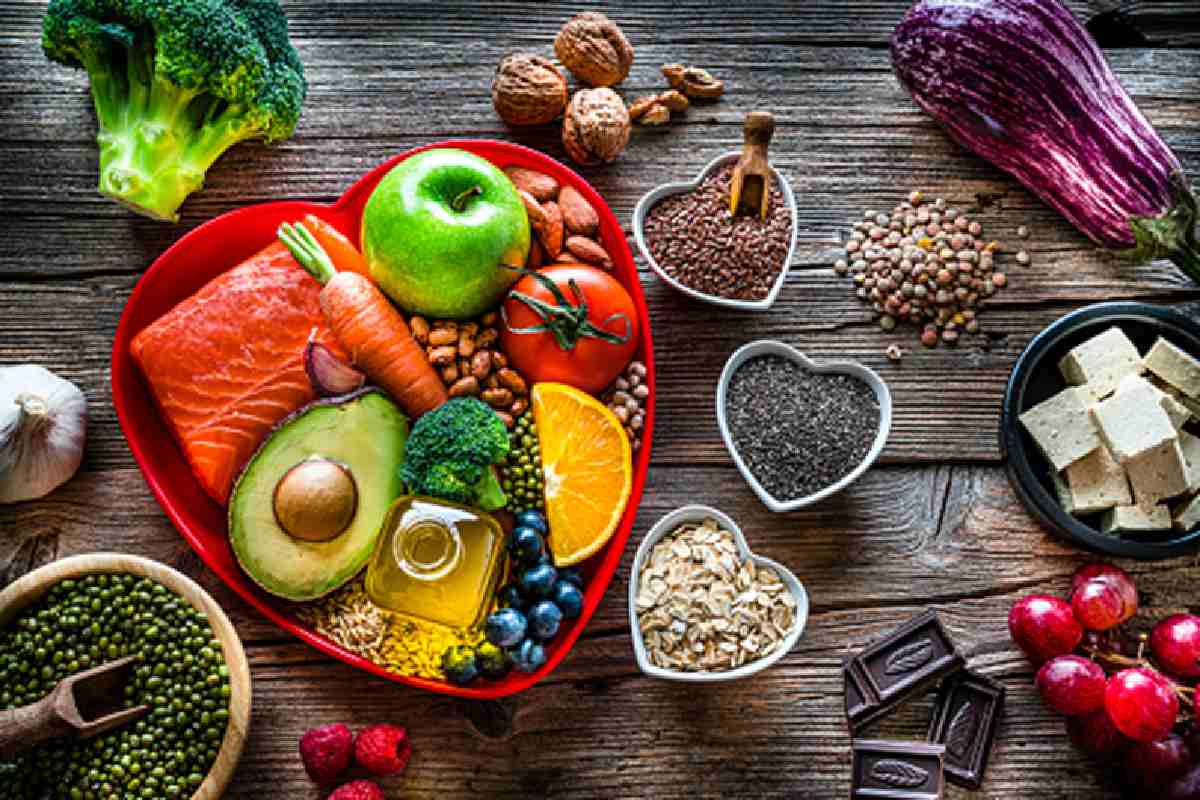Table of Contents
Introduction
Eat Healthy – It’s easy to forget about the calories in food when you’re cooking at home, but it’s essential to keep them in mind. After all, these extra calories can add up and affect your weight! We compiled some tips for eating healthy at home without spending more time or money.
Ways of Eating Healthy Without Over-Consuming Calories

A big reason for the extra calories in home-cooked foods is that homemade dishes generally have more ingredients and include bigger portions than the same items from a restaurant. The calories from extras like butter and cream can add up!
As many people know, the simple solution is to avoid the extras. But it’s hard — after all, things like butter taste good and make food taste better! Although it may be tempting to keep cooking with these healthy extras, try to cut them out of your diet where possible. Here are some tips:
- Try eating seasonal vegetables. These are often cheaper than fruits, even though they taste better. Keep your favorite produce handy in the fridge for quick access throughout the week, especially if you’re feeling too rushed or distracted to go grocery shopping when you need something fresh or when you don’t have enough time to cook that evening.
- Choose the right menu for the season. Today’s standard menu is usually just a few options for canned and processed foods. You can also use the service of a delivery company offering a low-calorie seasonal menu, like this option, for example. Try to add more fresh ingredients and meals with grilled, baked, or roasted items to your kitchen menu.
- Eat smaller portions when dining out. This is more difficult than it sounds because you may have a great time going out but can’t fit in the food you ordered into your stomach quickly after all of that fun. But if you ask for their large portion instead of the standard serving size. They will most likely be happy to accommodate your request! This is also a good strategy if you order anything from the menu at a restaurant.
- Buy smaller containers of food at the grocery store. It’s not always necessary to double the amount of food to fit your home fridge since they are often available in refillable containers. However, buying smaller amounts will make it more likely that you’ll keep track of what you’ve already had and won’t have room for more.
- Try to cook meals on the weekends when you have time. If you’re just not ready for dinner, plan to make lunch as a hearty option for the next day instead of “lunch.” This is a great way to use cheap ingredients and conserve calories during a rushed week or when you don’t want to go out.
- Eat vegetables that are in season. Right now, we’re still finding good deals on sweet potatoes, carrots, and other crisp veggies that can be prepared in different ways. Some even have frozen options like sweet corn and peas!
- Have a snack early (but don’t overdo it), then go back to your regular eating plan later on in the day. For example, instead of reaching for a bag of chips with dinner, enjoy soft pretzels rather. They usually have a good amount of fiber and protein to keep you from snacking too much. And if you’re worried about overeating at dinner, have a few extra pretzels for later. Even if you don’t need them, they’ll keep you from overeating.
- Eat dinner early (but not too early), then go back to your regular eating plan later in the evening. This is a great way to use up cheap foods and save calories in the process!
- Purchase frozen fruits in bulk (or buy fresh produce and freeze). This can be an excellent way to keep fruits and vegetables fresh while saving money on the convenience of buying them already frozen.
What are the Ways of Controlling Calories?
Eat Foods with a Low Glycemic Load
We want to save energy when we overeat sugar (straightforward sugars, like table sugar and high fructose corn syrup). Our bodies can only absorb so much sugar per meal. Still, it causes our bodies to release more insulin, which is the hormone that allows us to store calories as fat.
Make Sure you Eat Enough Protein
This is an essential part of weight loss and weight control for most people. We need about 30-34 grams of protein per day to lose and maintain weight, including the extra calories in our diet from non-weight-related exercise habits.
Eat High-Fiber Foods
Because fiber slows down our bodies’ absorption of sugar. It reduces the amount of sugar that we get from the foods we eat. Fiber also helps us to feel full on fewer calories.
Drink Water
Drinking water keeps you feeling full for longer and is a great way to prevent overeating. This can be accomplished by drinking at least 64 ounces of water per day, which is about half a gallon of water a day when you’re thirsty (or 16 ounces in your coffee).
Keep a Healthy, Balanced Diet
This may sound basic, but you’ll be surprised how many people don’t do it. Choose whole grains whenever possible, and include fruits and vegetables as much as possible. Be sure your portion sizes are correct (this is easier if you have help from a nutrition professional).
By focusing on these strategies, you can eat healthy without stressing yourself or spending too much money. As a fitness program, eating healthy is a routine that you can embrace and enjoy.
Conclusion
Nutrition is essential for weight loss, weight control, and overall health. The strategies above are good for reducing your calorie intake and losing weight. If you can implement these strategies in your life, you will find it easier to achieve the body you have always wanted! We hope this article helps in your journey towards a healthier lifestyle. With a strong body and mind, you can live your life fully.


